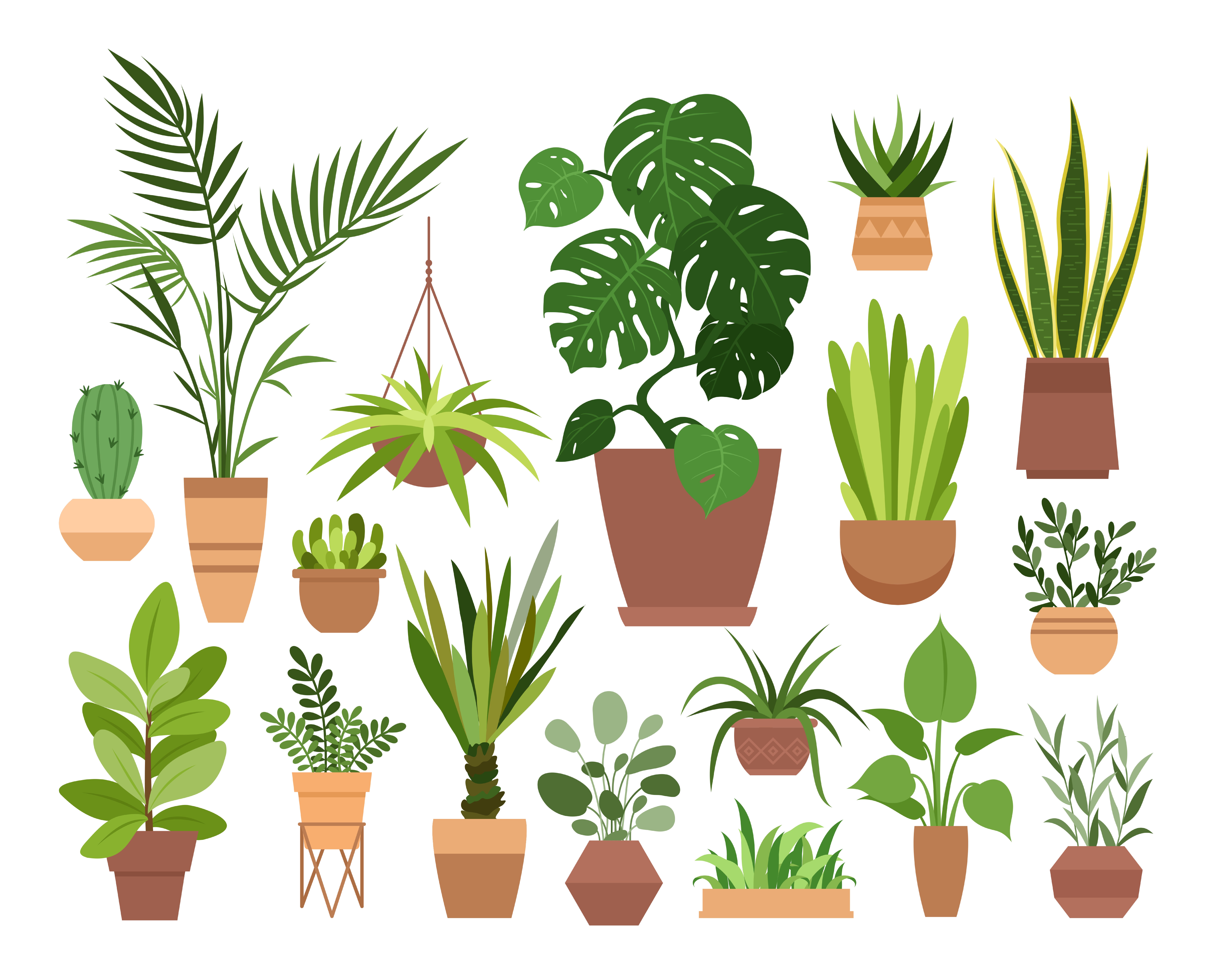
Houseplants not only improve the look of a room, but they also provide many benefits for our health and wellness.
Adding plants to your home is a great way to improve your indoor air quality, add natural beauty to an environment, and brighten your mood.
The gel inside the succulent leaves of aloe vera is often used to heal cutaneous wounds, soothe sunburns, moisturize the skin, and reduce inflammation.
The aromatic fragrance of lavender is said to be soothing and relaxing, and it has been used to improve sleep quality, reduce anxiety, and promote feelings of calmness.
NASA’s Clean Air study demonstrated that many plants could do more than turn carbon dioxide into oxygen. Ferns, chrysanthemums, snake plants, orchids, and peace lilies are ranked at the top for houseplants that are effective at removing volatile organic compounds such as formaldehyde plastics or cigarette smoke from the air.
English ivy can purify the air of the mold particles, which often trigger allergy symptoms.
Caring For Yourself By Caring For Your Plants
Houseplants offer an excellent way to care for yourself and others.
They provide a sense of purpose, responsibility, and wellness.
As you tend to them, you may find that your mood becomes uplifted. And as you enhance your mental health, other areas of health will also likely improve.
The calming rituals of watering and tending to plants can gently increase your concentration and memory abilities. It can reduce physical and psychological stress. It can raise your creativity and energy levels.
Flowers can bring happiness into your life. They can strengthen your relationships. They can encourage you to connect with nature.
Interacting with plants and helping them grow allows us to learn and teach. As we observe their needs, problems, and strengths, we gain essential knowledge about the environment and the interconnected web of life. Reading about our houseplants and sharing these insights allows us to collaborate through an educational experience that can encourage a deeper appreciation of the world around us.
We begin to understand the rhythms of life and patterns of growth. This growth can translate into our own lives as we create and maintain healthy relationships, foster our talents, and grow—our understanding of the world around us.
Without saying a word, these silent plants can spark new conversations about the impact of our surroundings on our daily lives.






















